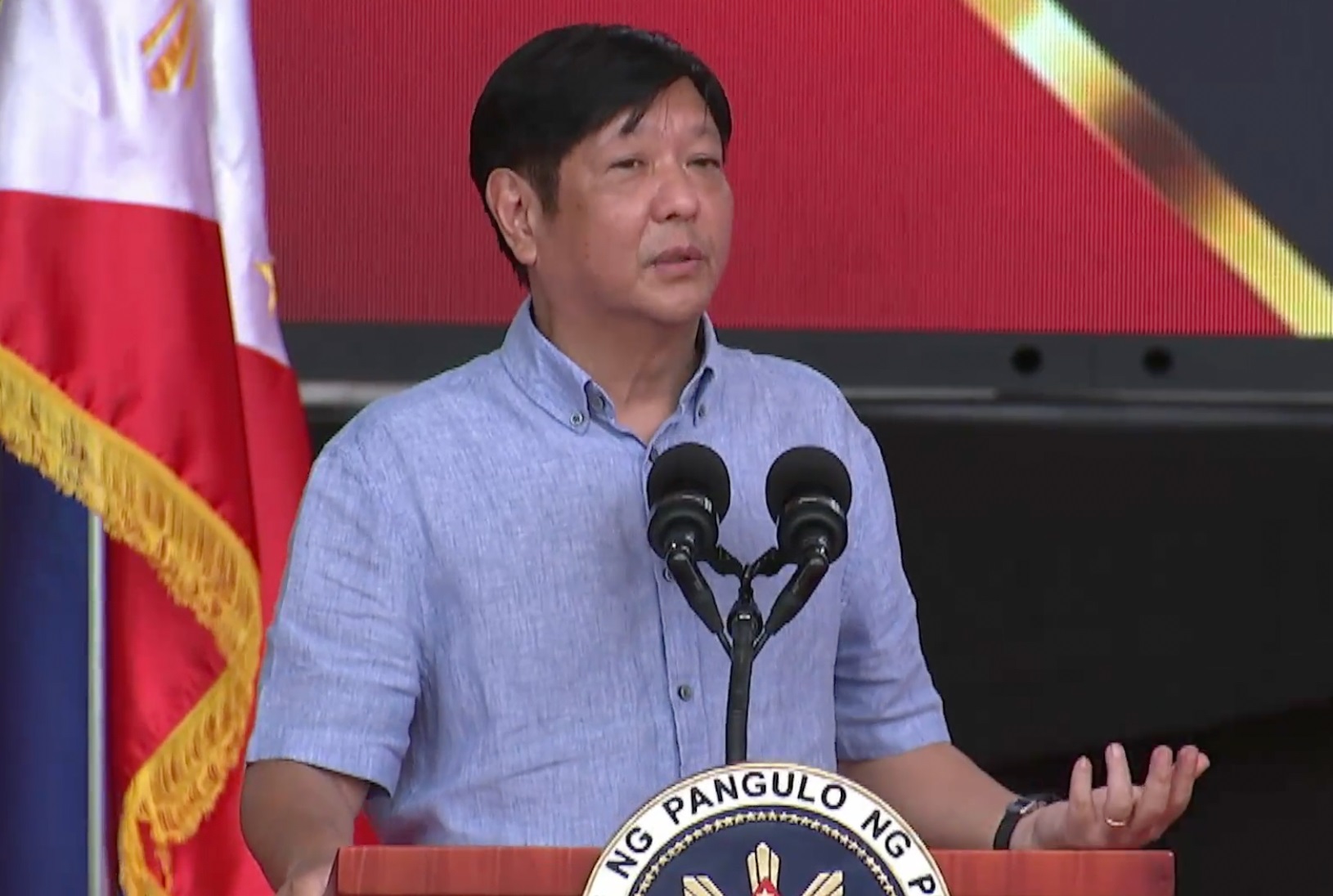
FILE PHOTO: President Ferdinand Marcos Jr. Screengrab from Marcos FB live
BANGKOK, Thailand — The global economy cannot afford more lockdowns and travel bans even if the COVID-19 pandemic still exists, President Ferdinand Marcos Jr. said Thursday.
Speaking at the Asia-Pacific Economic Cooperation (Apec) CEO Summit here, the President underscored the need to reinforce global health systems against infectious diseases.
“We must continue to reinforce global health systems not only against new and emerging variants of COVID, but also against other infectious diseases that may emerge,” he said.
“The global economy simply cannot afford another crippling series of lockdowns and travel bans that deflate consumer confidence, dampen the recovery of tourism, and derail the stability of global markets,” he added.
Marcos then pushed for continuous investment in pandemic preparedness and to ensure global health resilience.
“Adopting the one health approach in strengthening health surveillance systems for emerging and reemerging infectious diseases from the human-animal-environment interface can be part of the solution,” he said.
Marcos also noted Apec’s “vital role” during the pandemic as it fostered “open and effective dialogue and international cooperation through the sharing of data and knowledge.”
Food security
He likewise raised anew the issue of food security during his speech, highlighting that it is a “serious global problem.”
“This is felt by every household, by every family, by everyone. The issues that the world faces now – from climate change, to inflation, to war – are viewed by the ordinary Filipino through the lens of food security,” he said.
READ: Bongbong Marcos to raise food, energy security issues in Apec meeting
He also pointed out that steep decreases in agricultural output and productivity are connected to climate change.
According to Marcos, soaring prices of commodity, along with supply chain disruptions and inflationary pressures, contributed to increasing food costs.
“Food security must be a top priority for all governments, and developing economies especially must have the policy flexibility needed to ensure an increased domestic food production and diversification and to improve the local agricultural supply and value chain,” he said.
Climate change
Marcos then cited a study by the Asian Development Bank, which indicates that the Philippines is among countries “at great risk” from climate change.
He said diversification into renewable energy and other sources is “imperative” since energy demands of the modern global economy continue to expand quickly.
He also said that the Philippines is prioritizing low-emission energy sources such as hydrothermal, geothermal, solar power, wind power by targeting 35-percent renewable energy in the power generation mix by 2030 and 50 percent by 2040.
The national government will team up with the private sector to enhance the resilience of people and businesses “by leveraging the tools of sustainability,” he further said.
RELATED STORY
Bongbong Marcos leaves for Apec Summit in Thailand

